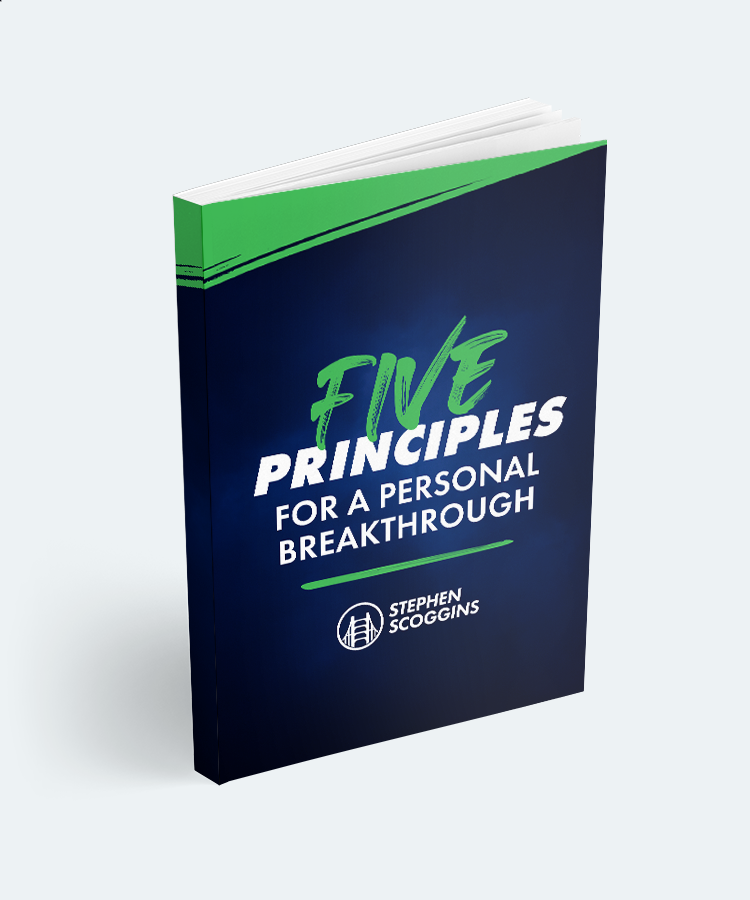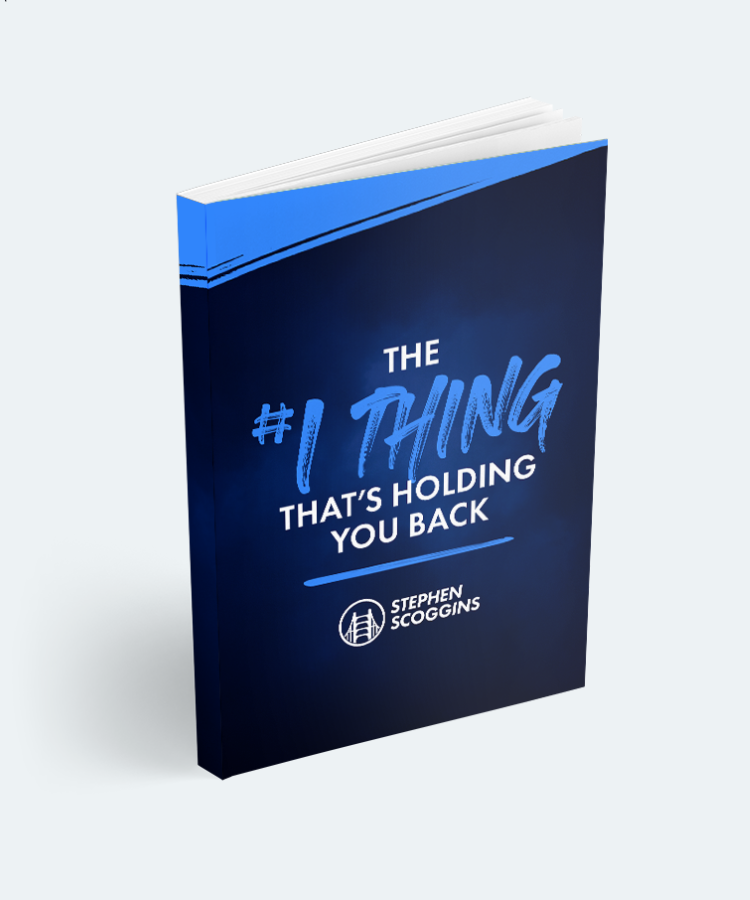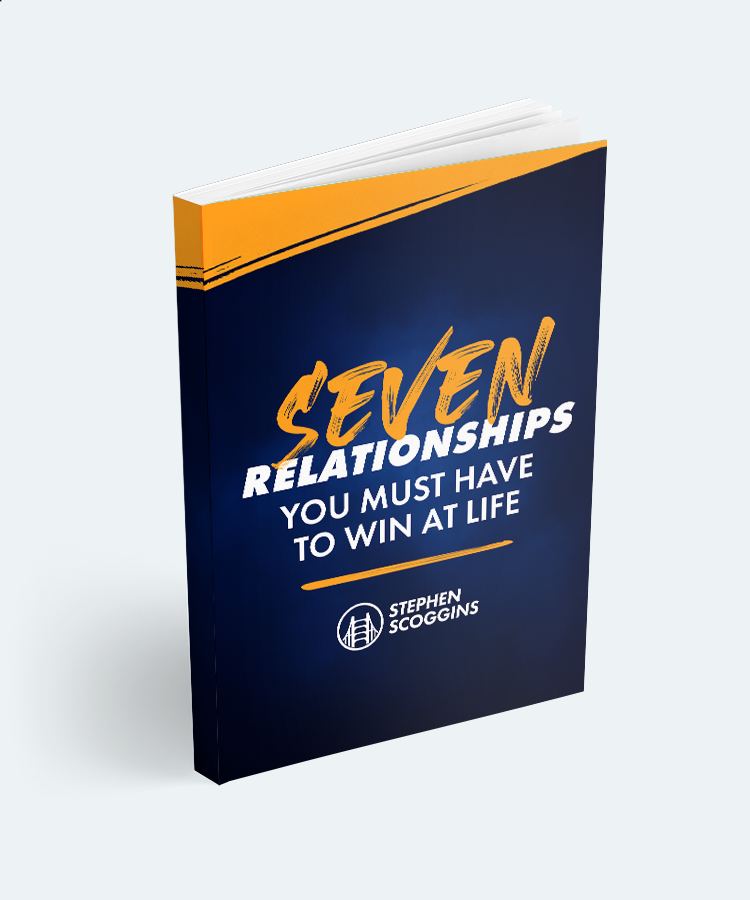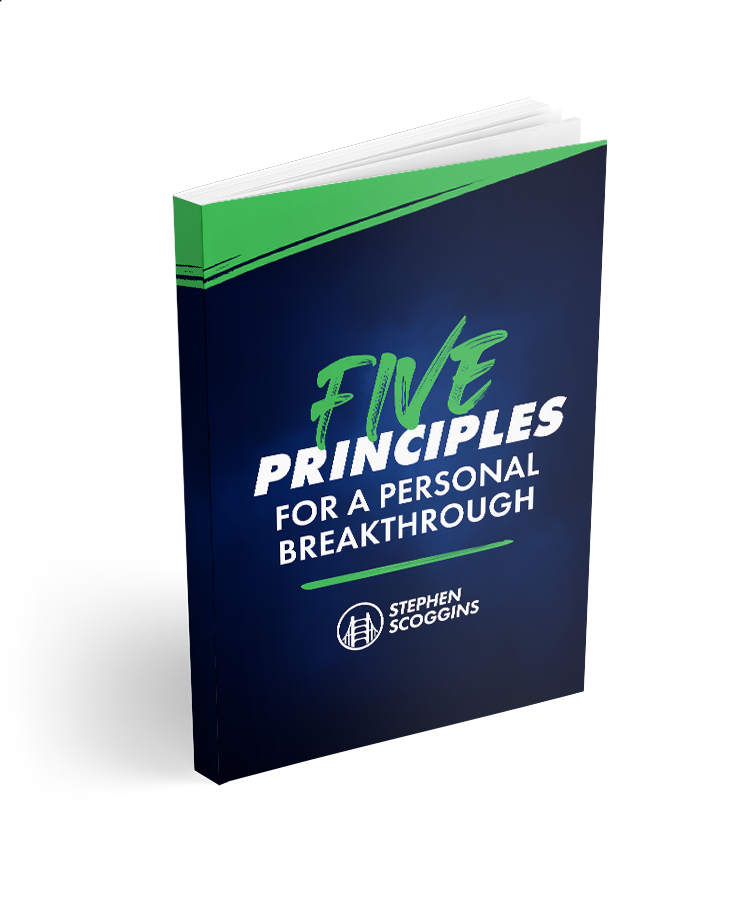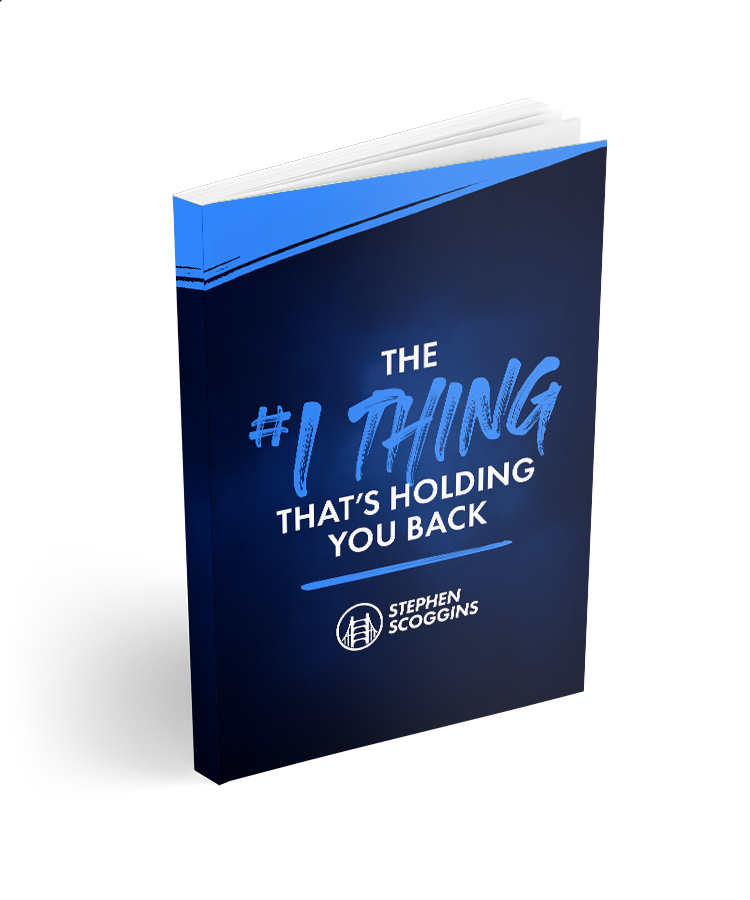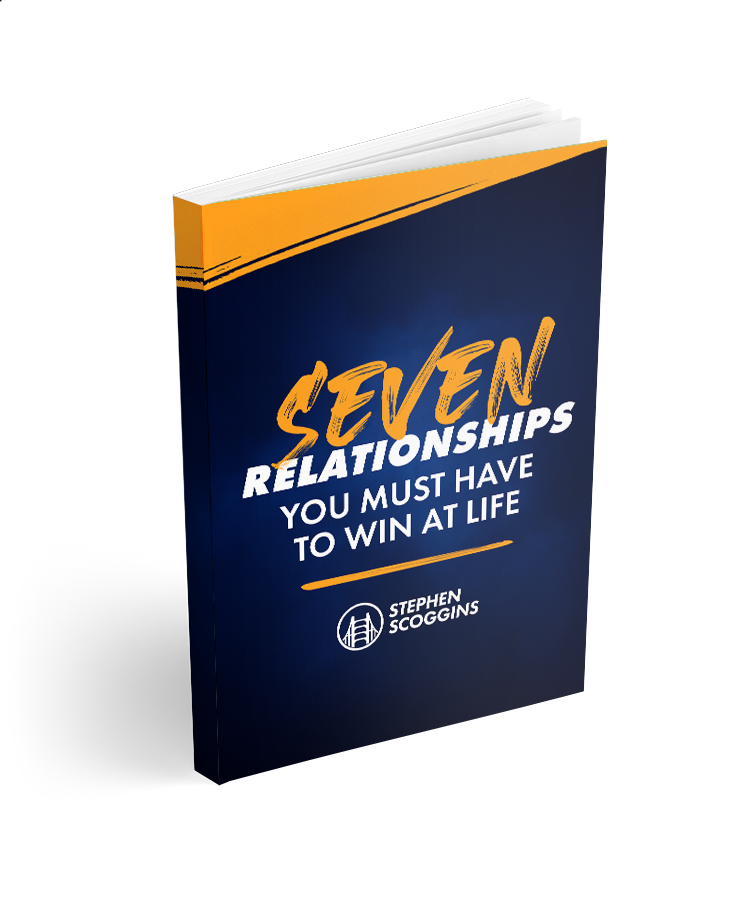
Healthy relationships are critical to a great life. There are few joys that can compare to connection with others. In addition, who you choose to associate with can make or break your entire future. But having great relationships takes more than choosing the right people for your inner circle – it takes dedication, humility, and skill from you to nurture those relationships so that they thrive. The hardest part of relationships is handling conflict, because conflict triggers your defense mechanisms.
Defense mechanisms are those negative knee-jerk reactions you have when somebody hurts you or confronts you. They’re reflexes that you picked up somewhere along the way as a response to a pain that you experienced. These responses can destroy your relationship because they drive a rift between you and the other person. Defense mechanisms kick in when we’re afraid, and when we’re afraid, we make a mess.
Your defense mechanisms will vary depending on your attachment style – the way you prefer to interact with others that came from your upbringing, influences, genetics, and other factors. Here I’ll share the 5 kinds of attachment styles and the defense mechanisms that come with them.
Before I continue, I recommend that you only keep reading if you’re willing to consider the possibility that the biggest problem in your relationship might be you. As I dive into each attachment style, rank yourself on a scale of 1-5 for that description (1 being unlike you, 5 being a frighteningly accurate description of you).
Attachment Style #1 – “The Dismissive”
The Dismissive person often comes from homes with little or no affection and that place a high value on personal independence. They grew up learning to take care of themselves, and being accountable to themselves. As a result, they often have a difficult time empathizing with other people’s perspectives or sympathizing with other people’s pain. Emotions are an uncomfortable arena for them, and they will try to avoid discussing them. When that fails, they may opt to invalidate their feelings or those of the other person in an attempt to downplay the issue, pretend everything is fine, and move on.
Dismissives are often introverts that feel drained when they are with others for long periods of time. They’re usually limited in the range of emotions they express, and their default negative emotion is often anger.
Attachment Style #2 – “The Appeaser”
The Appeaser is the people-pleaser that works hard at making everyone else around them happy. They often struggle with boundaries and have a very difficult time saying ‘no’. An Appeaser’s greatest fear is usually hurting someone else’s feelings.
The Appeaser likely grew up in a home with overly protective or angry/critical parents, which taught them to do whatever it took to avoid getting into trouble. Appeasers are not used to being comforted, and they will often seek comfort from others through their people-pleasing efforts. Rejection and abandonment are their nightmare, and they crave acceptance and words of affirmation.
When they feel their needs aren’t being met or their efforts are going unappreciated, the Appeaser will grow resentful and cold. If they become offended at something specific, they will often give in immediately to avoid conflict, and this will make their resentment even worse. When an Appeaser reaches their limit, they commonly become passive aggressive or withdraw from the other person completely as defense mechanisms.
Attachment Style #3 – “The Martyr”
The Martyr comes from chaotic, angry, and sometimes violent parents. The Martyr has the most difficult time expressing their needs and identifying what their needs are. They often go with the flow so as not to disrupt the norm, attempting to stay under the radar and blend in. In conflict, they will also have the hardest time staying present out of any of the other attachment styles. They will actually drift off as one of their defense mechanisms to avoid the pain of the moment.
Martyrs struggle with a low self-worth and often struggle with anxiety and depression. They often feel overwhelmed and as though they lack control over their lives. Even when there is peace and quiet, the Martyr will be nervous, waiting for the other shoe to drop. Ironically, the Martyr may end up being in a relationship with a Dictator (more on this later) as this is all they know.
The Martyr will be compliant and timid in conflict with someone they perceive to have any power. Unfortunately, they will sometimes take their repressed anger out on those they feel are no threat to them.
Attachment Style #4 – “The Dictator”
Dictators are the classic dominant partner. They will attempt to control the environment in order to avoid being taken advantage of, which is their biggest fear. This is also why Dictators are the most likely to express their displeasure, and why they’re the least likely to show any vulnerability.
The Dictator’s childhood was likely one of verbal abuse by angry, harsh, and critical parents. They likely learned that they weren’t loveable as they were and learned to present a version of themselves to others that couldn’t be criticized.
Dictators are most in touch with their anger. Their outbursts are actually defense mechanisms to keep other people on defense in order to protect themselves from attack. They’re the most likely to respond in rigid, sporadic, and unpredictable ways. They often like to work and solve problems on their own because they like things being done in a certain way. If things do not work out the way they expect, they will deflect blame on others rather than take responsibility.
Attachment Style #5 – “The Idealist”
The Idealist likely grew up with unpredictable parents, leaving them with a sense that life is random and unsafe. They probably received affection inconsistently, which gave them longing for true connection and deep relationship. Idealists often feel let down by their partner. Their pursuit of the perfect relationship can either drive them from a healthy one or drive away a potentially healthy partner. When they lose a relationship, they can become remorseful and despairing.
The Idealist rarely feels understood and experiences a lot of internal conflict and high emotional stress regarding close relationships. They are often just as confused by their inner world as others are. Under stress, they can lash out, subconsciously sending out a cry for help so that someone will come and “save” them from their problems. Idealists are also highly sensitive and perceptive of others’ moods. This often works against them, because they will panic if they perceive someone reacting negatively to them. When this happens Idealists will often act out of insecurity in an attempt to avoid being abandoned. This usually makes their partner uncomfortable and more likely to abandon them.
Strengthen Your Relationships With The Journey Principles
I know how hard it is to come to terms with your weaknesses and blindspots. I was abandoned by my parents and grew up with a lot of baggage from that. At one point I was homeless and realized I needed to turn my life around. It wasn’t easy, and I was forced to take an ugly look at my life and take responsibility for why things were wrong. In other words, I want you to know that if I could overcome my many defense mechanisms, you can too.
If you’re interested in getting some more help with that, then I have good news. Right now we’re giving away our entire Ebook library for free. You can download these resources and get practical advice on how to go from stuck to unstoppable.







